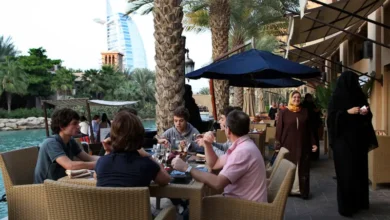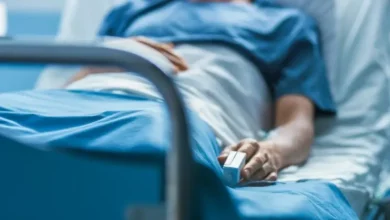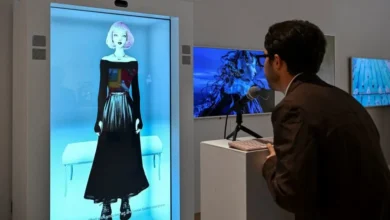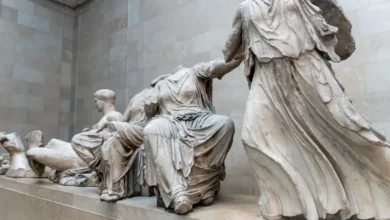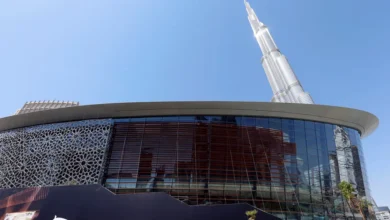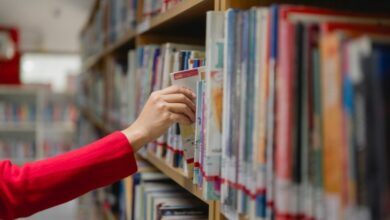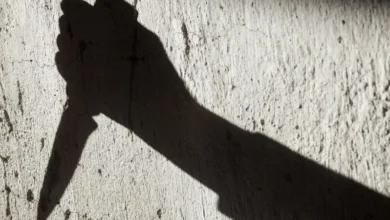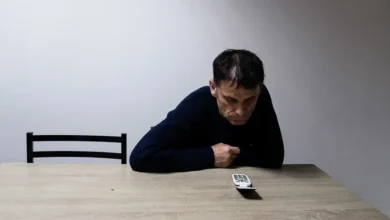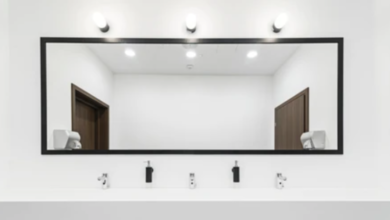After 17 year old son’s death, mother goes on mission to save lives
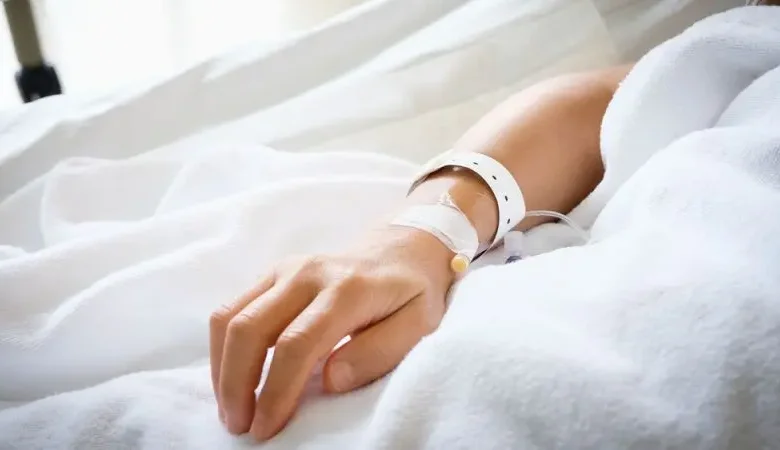
In one moment, your entire life could change in front of you, and for French expat Nathalie Grall-Sorensen, that moment was when she saw her 17-year-old son collapse in her husband’s arms at home. He slipped into a coma and never woke up.
“[In that moment] as a mother, I knew that it was all over,” Nathalie told Khaleej Times.
That was two years ago, and while the pain of losing a child never healed, Nathalie found comfort in knowing that her son Viggo lived on through others.
In his death, the teenager saved five lives — as Nathalie and her husband had made the decision to donate Viggo’s organs.
“Viggo saved the lives of people from India and the UAE, with three organs going to Saudi Arabia. His lungs, kidneys, heart, and liver were donated. His heart was received by a 27-year-old Saudi woman. But all details remain anonymous,” the expat said.
Amidst her grief all these years, Nathalie takes pride in making that decision, which was coursed through the UAE’s organ donation programme Hayat.
“For me, the loss is irreversible. My son is gone but when you are asked ‘Do you want to save lives?’ — can you say no?” the expat said.
Remembering Viggo
Viggo, with half Danish-French roots, was the reigning champion of the Emirates Golf Federation Order of Merit before his untimely death. He also won the King Hamad Trophy, the 6th Amateurs, and the Dubai Golf Trophy with the Amateur team.
The student of GEMS Wellington Academy Al Khail was preparing to go to the US on a scholarship, and the family was already in the process of vetting colleges.
The golf prodigy experienced numbness in his left arm and lips in January 2022 and then fell unconscious in his father’s arms. He went into a coma never to return.
Viggo was eventually declared brain dead.
“A team from Abu Dhabi approached us with a request regarding organ donation, and we had only a couple of days to consider it. My husband and I looked at each other and decided to proceed,” Nathalie said.
“I knew all along that when someone is declared brain dead, the end has already come. Donating an organ is a profound expression of human love. So, why not do it?”
Gift of life
In that moment of grief, Nathalie had to decide quickly as organs would deteriorate rapidly.
“I grew up in a family where I received a lot of love and care, particularly my mother who was always generous and eager to help others, and my grandmother who helped during the war. They taught me that that giving leads to receiving blessings,” said the expat, recalling her thoughts before she gave Hayat the go-ahead.
Now, the mother is an active ambassador of the UAE Hayat programme.
“Hayat, in Arabic, means ‘life’. The greatest gift to give is the gift of life. …This gives hope to others and helps transform loss into legacy,” she said.
Her only target now, she said, is to save more lives — encourage more people to become organ donors, and support donor families.
“Because of my podcasts and other outreach programmes, there have been people wanting to meet me, especially mothers who have lost their children. Some people run and hug me, and some people just cry. I am very spiritual. I feel this is the Viggo effect,” said the mother.
‘You never recover’
The transplant programme has put Nathalie in touch with people who went through the same nightmare.
“When you lose a child, the pain is the same and I bond with these mothers at that level. It cuts across religion, race, overcoming initial shock, denial, and anger. They weep for hours in front of me. This is the worst that can happen to any parent. You never recover,” she said,
The Hayat ambassador emphasised how there are many end-stage diseases with no other cure short of transplantation.
“Sharing Viggo’s story gives hope to future donor families and patients on the waiting list. Viggo left me with an important mission. I am at peace and have no regrets. His story is an inspiration to save lives,” she said.
“We received so many messages of kindness. A single unselfish act can change the world. We don’t only save lives but also the family around the recipient. Something positive comes out of the pain,” said the long-time Dubai resident.
Bridging the donor-recipient gap
Over the years, she has poured her energy into promoting organ donation awareness, hoping to inspire others to consider this gift of life by registering.
“It’s an act of generosity, a family helping another family. I am not only advocating for organ donation but I also want to show support to many donors and their families who are anonymous or forgotten,” the expat said.
“Unfortunately, there is still a big gap between the number of people willing to receive and those willing to donate. It’s not good enough to be only compassionate, ‘we must act’ as well.”
The UAE’s Ministry of Health and Prevention’s (Mohap) official page on organ donation carries a testimonial from Viggo’s family, showcasing how his parents were at the forefront of this noble cause.
Numerous other initiatives are being developed to raise awareness on organ donation and transplantation in the country.
“Viggo in Danish means a ‘warrior’. When Viggo left, the UAE’s Hayat programme was taking a concrete shape,” Nathalie said.
“However, over the years, this programme has significantly expanded its operations by conducting innovative and impactful educational activities and training for the hospital staff, while recruiting professionals.”
Hayat also organises regular workshops to help nurses become adept at handling such sensitive cases.
“The programme has made substantial progress in the country by raising greater awareness on organ donation and transplantation,” the expat said.

